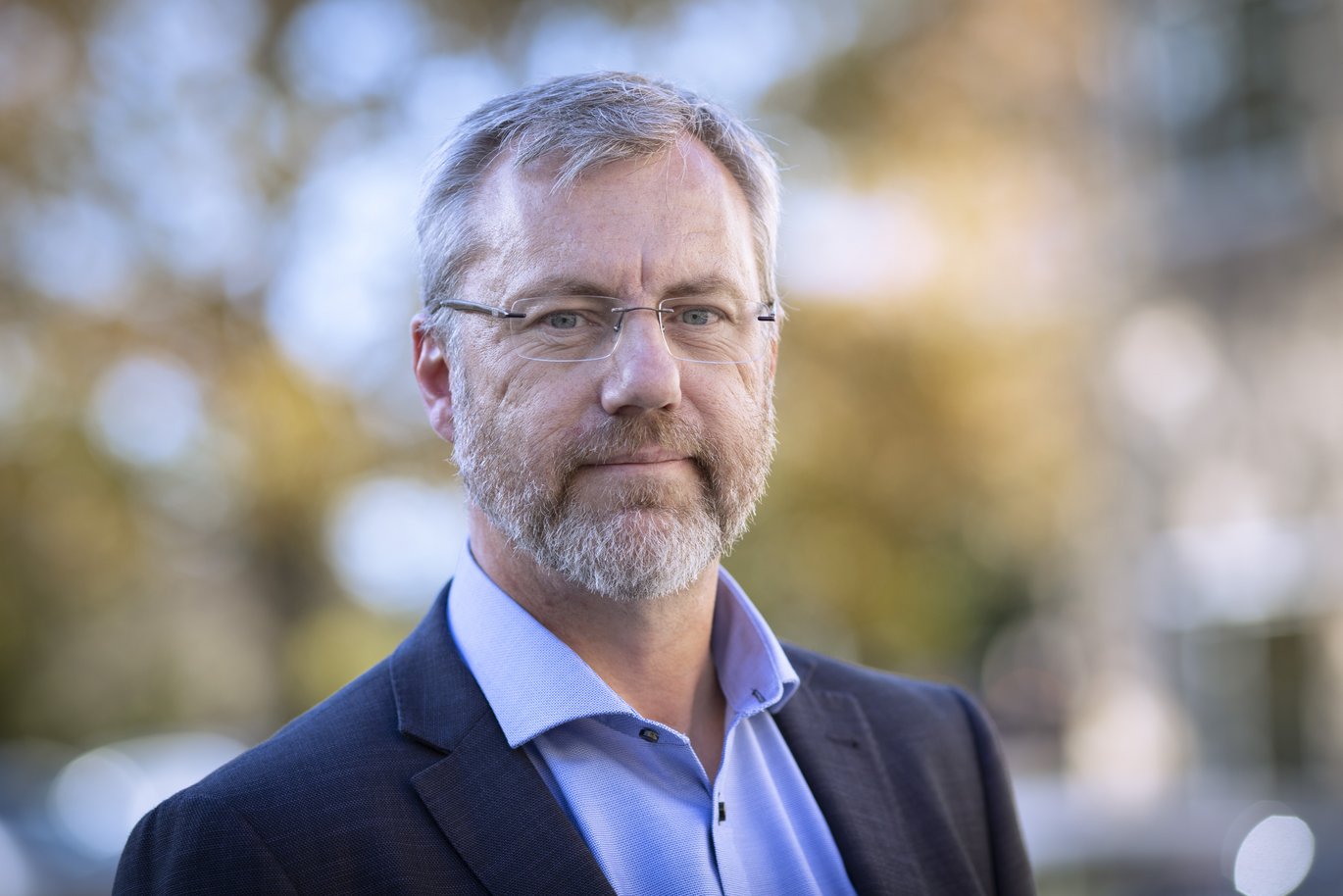AU investigates whether PhD students from China are subject to unreasonable contractual terms – including the requirement to stay loyal to the regime
Aarhus University has stopped admitting PhD students from China whose place at AU is financed by the government-funded Chinese Scholarship Council. The university will now review the students’ contracts to determine whether they contain unreasonable terms – including the requirement to remain loyal to the Chinese regime. This has been prompted by a case in Sweden.

Aarhus University has suspended its intake of PhD students from China whose research stay at AU is funded by the Chinese Scholarship Council (CSC), which is financed by the Chinese state. AU will now review the PhD students’ CSC contracts to assess whether the students have been subject to unreasonable terms by the regime in their home country, including whether they have been obliged to declare loyalty to the Communist Party of China.
This has been prompted by a case in Sweden, which was covered by the Swedish newspaper Dagens Nyheter. It emerged from this case that a PhD student from China at Lund University had entered into a contract that required him to remain loyal to the regime, to return to his home country after his research stay, and to provide guarantors in China who would be sanctioned financially in the event of a breach of contract. Having discovered these contractual terms, Lund University has stopped admitting students with scholarships from the CSC. This was reported by the Danish newspaper Information on Monday 13 February.
Aarhus University is not the only Danish university to enrol students with CSC scholarships. According to the article in Information, the University of Southern Denmark, the University of Copenhagen, Aalborg University and the Technical University of Denmark also host students from China with this type of scholarship.
Concerned about the students’ contractual terms
The Faculty of Technical Sciences (Tech) is the faculty at Aarhus University with the most PhD students from China with a CSC scholarship. Of the 46 PhD students at AU with this type of scholarship, 33 are enrolled at Tech.
Brian Vinter, the vice-dean for research at Tech, explains that the faculty is primarily concerned about the contractual terms students need to accept when they sign an agreement with the CSC – including whether they need to compensate the CSC if they do not complete their PhD degree programme.
“We don’t want students to complete a PhD programme with us against their will or on the basis of unreasonable terms, so we are exercising due diligence by investigating whether this also applies to the CSC scholarship holders in our faculty,” says Brian Vinter, who underlines that AU currently does not know exactly what is written in the PhD students’ contracts – or how this should be interpreted.
“We need one of the university’s China experts to explain this to us,” he says.
Security policy also plays a role
The university first became aware of the issue surrounding CSC contracts when it was contacted by journalists in connection with a case in Sweden, explains Brian Vinter.
“Until now, we have focused primarily on AU’s contractual terms – for example, the framework for students’ research projects and whether students need to pay fees. But, on the basis of this case, it is clear that we also need to be aware of the terms students are subject to by their home countries – and this applies to students from all countries, not just China.”
Did you complete a security policy screening of the students before they were admitted to AU?
“At Tech, we started doing this last year, as a result of the current security policy situation and the report by the Committee on Guidelines for International Research and Innovation Collaboration, which is part of the Ministry of Higher Education and Science. So some of the students from China have been screened, but not those who were admitted to AU more than a year ago. And this screening has nothing to do with the CSC scholarships as such. It only relates to a security policy assessment of certain states, including China,” says Brian Vinter, who also explains that Tech is currently running a pilot project on the security policy background screening of both researchers and students.
Vice-dean: We will defend academic freedom
Even if it emerges that PhD students from China have signed contracts that demand loyalty to the Chinese regime, the vice-dean is not concerned that this constitutes a breach of academic freedom at AU.
“I am absolutely convinced that supervisors at the faculty will defend academic freedom. As you know, all PhD students are connected to a supervisor at AU, and we also conduct a pre-screening of the students’ research project, because students need to submit a project proposal when they apply to the university. This screening involves an AU supervisor , who is responsible for the research freedom aspects of the project,” says Brian Vinter.
“The central question in my eyes is more of a philosophical one: is it better to get a PhD under sub-optimal conditions or not to get one at all?”
What do you think is the answer?
“I would prefer to wait until I know the content of the PhD students’ contracts before I answer that question.”

